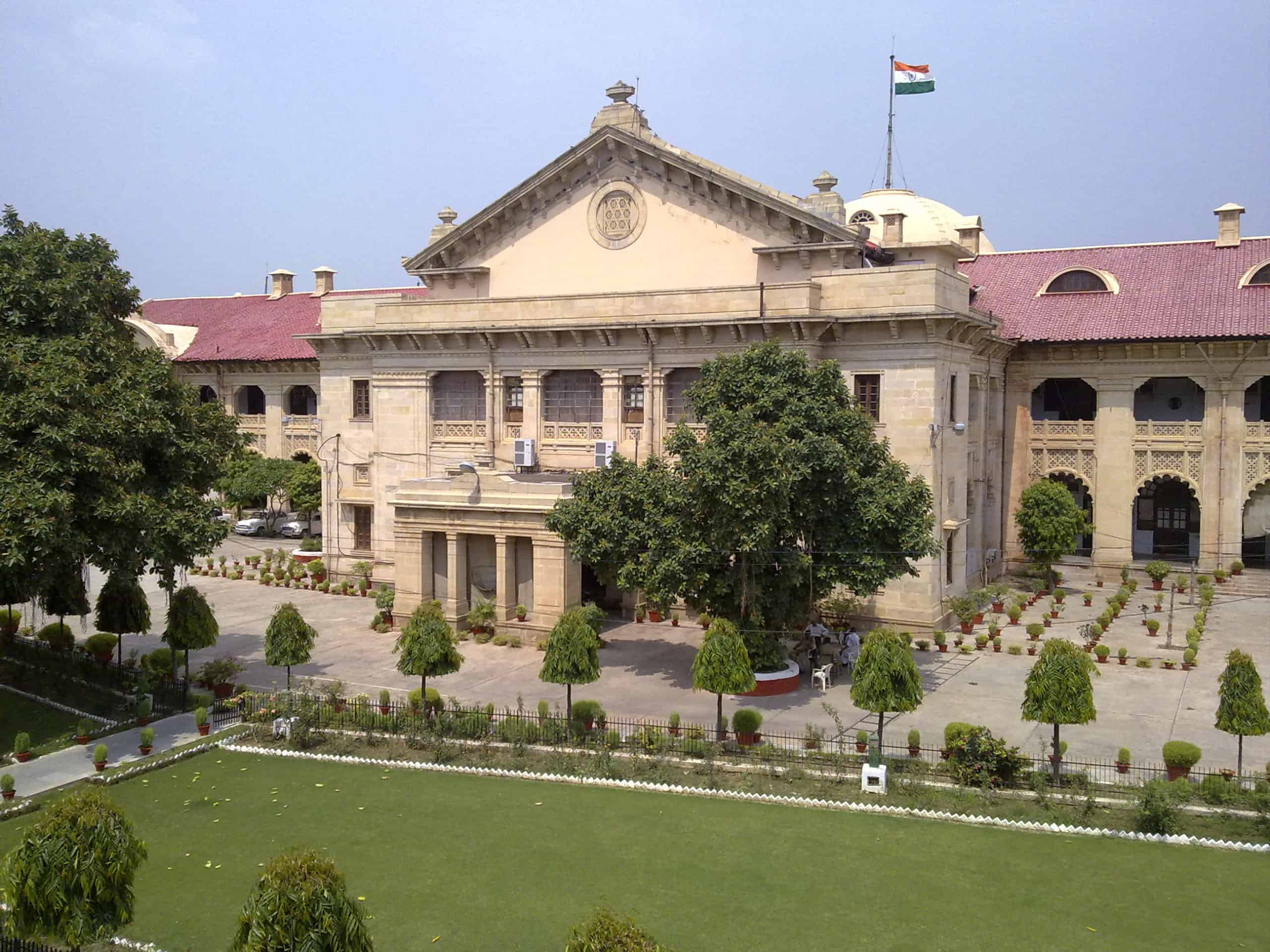Allahabad High Court has dismissed a writ petition filed by a married couple seeking police protection, according to a Live Law report. The high court noted the woman was a Muslim and converted to Hinduism just a month before she got married, according to Live Law.
Justice Mahesh Chandra Tripathi said it clearly reveals that the conversion took place only for the purpose of the marriage. Justice Tripathi referred to a 2014 judgement in which the same court had observed that conversion just for the purpose of marriage is unacceptable. The court then dismissed the writ petition, saying that it is not inclined to interfere in the matter under Article 226 of Constitution of India.
In the 2014 judgement, the Allahabad High Court had dismissed a batch of writ petitions were filed seeking protection by a couple as they had tied the knot after the woman converted from Hinduism to Islam and then performed the nikah. “Whether conversion of the religion of a Hindu girl at the instance of a Muslim boy, without any knowledge of Islam or faith and belief in Islam and merely for the purpose of Marriage (Nikah) is valid?” the court had said about the case then, according to Live Law.
“A conversion of religion by an individual to Islam can be said to be bonafide if he/she is major and of sound mind and embraces Islam by his/her own free will and because of his/her faith and belief in the oneness of God (Allah) and prophetic character of Mohamed,” the court had observed while answering the question in negative and reiterating the Supreme Court’s stand in the case of Lily Thomas vs Union of India.
“If a conversion is not inspired by religion feeling and undergone for its own sake, but is resorted merely with the object of creating a ground for some claim of right or as a device adopted for the purpose to avoid marriage or to achieve an object without faith and belief in the unity of God (Allah) and Mohamed to be his prophet, the conversion shall not be bonafide. In case of a religious conversion there should be a change of heart and honest conviction in the tenets of the new religion in lieu of tenets of the original religion,” it had added.
Source Link




